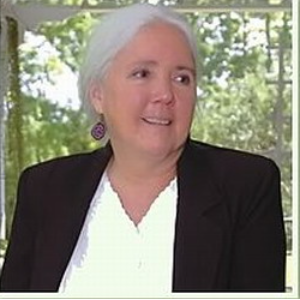Title : Making food literacy a global priority
Abstract:
This presentation is based on years of evidence-based research with diverse populations that demonstrates how to have a sustainable positive impact on behaviours concerning food, nutrition, and the environment through food literacy education. The award-winning curriculum, Food is Elementary (FIE), is based on experiential, multidisciplinary sensory-based strategies for people of all ages and backgrounds that is fun and engages the senses. A goal of this work is to provide the public, beginning at an early age and continuing through adulthood, with accurate information so they make sensible decisions about our global health and the health of the planet. FIE is conceptually based and each unit is catered to the developmental abilities and interest of the audience. There is a need to engage the public with truthful information about how nutrition affects our lives and how what we eat affects climate change. To quote anthropologist Claude Levi-Strauss, “Food is Good to Think”. We need to address this from a serious scientific perspective and provide young people with the intellectual tools they will need to develop strategies to preserve their wellness and that of planet earth for our collective future. The solution is holistic integrated education, or we will continue to be fed false information from the commercial industries involved in our most pressing global issues of public health and climate. The non-profit Food Studies Institute will license the FIE curriculum, train, and work with all interested parties depending on their interests. We offer a variety of options ranging from strategies to begin the program in schools, hospitals, and community centres based on their needs, to designing appropriate evaluation measures and documenting the results.




